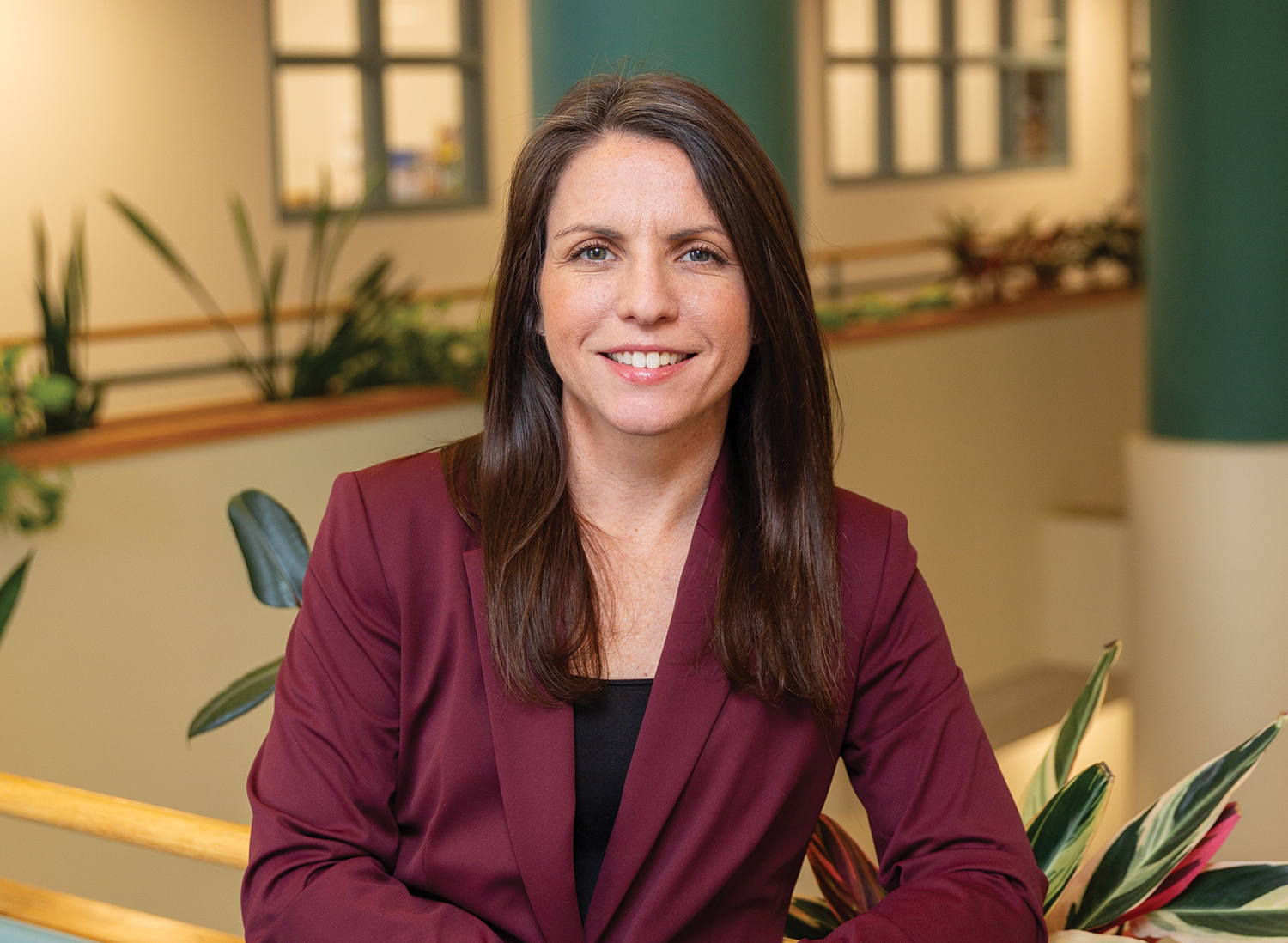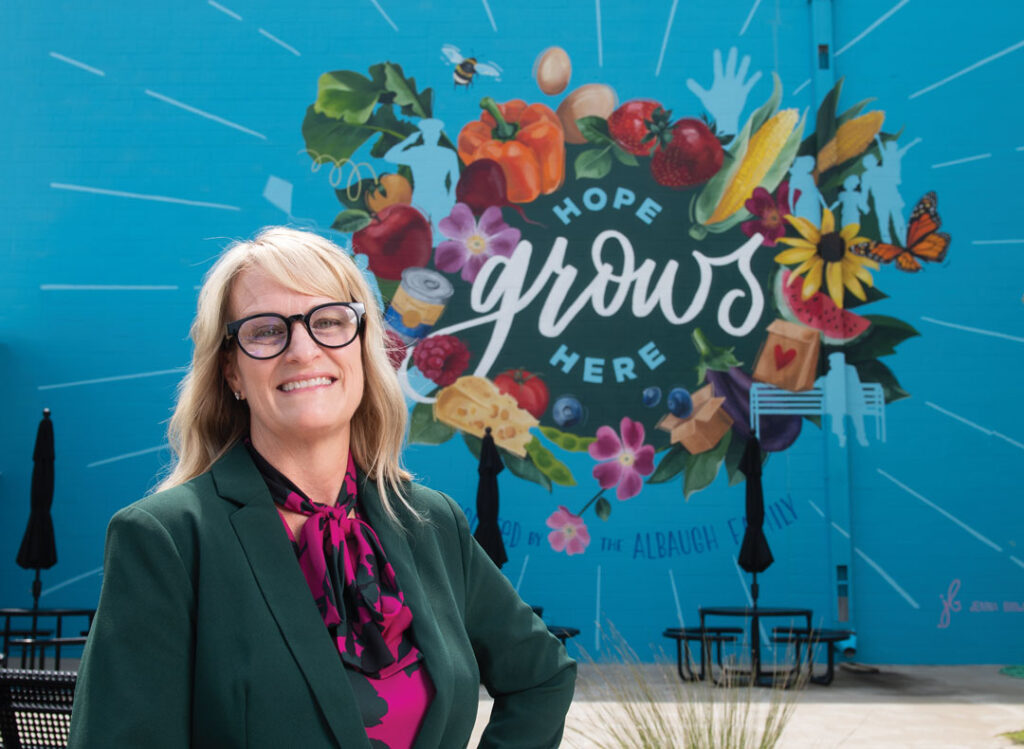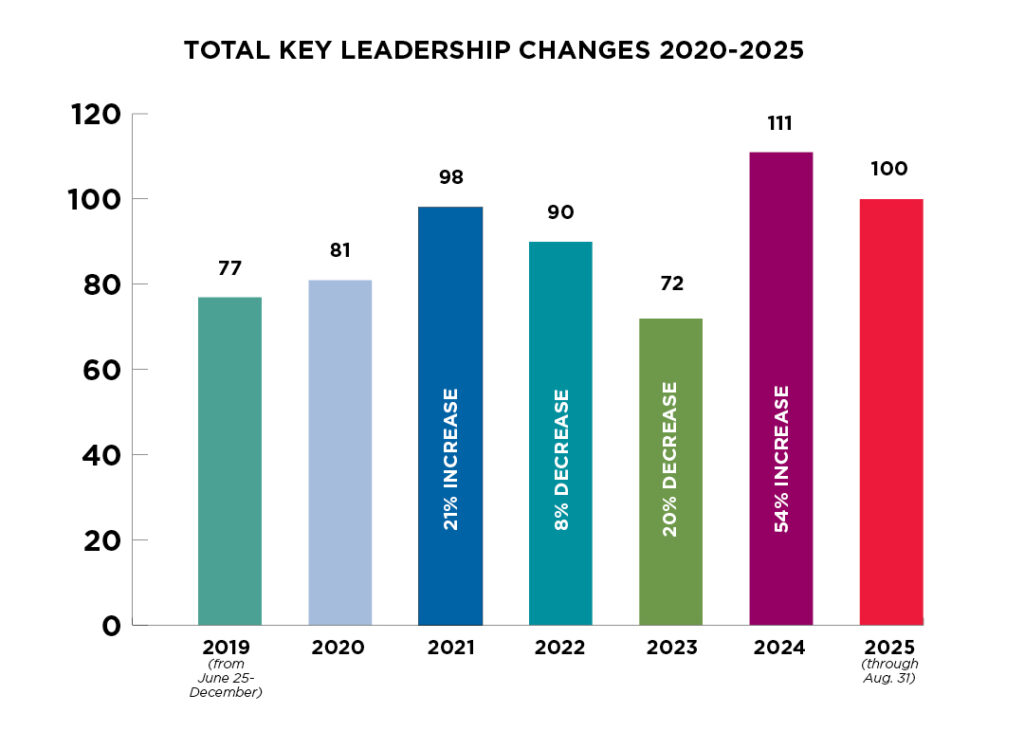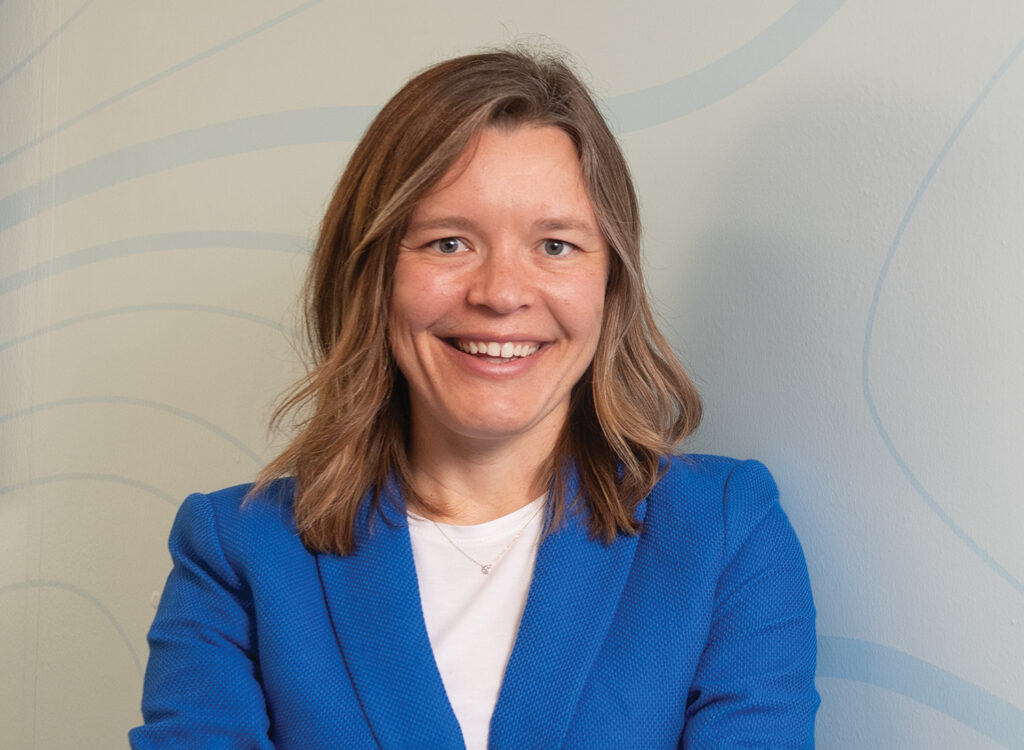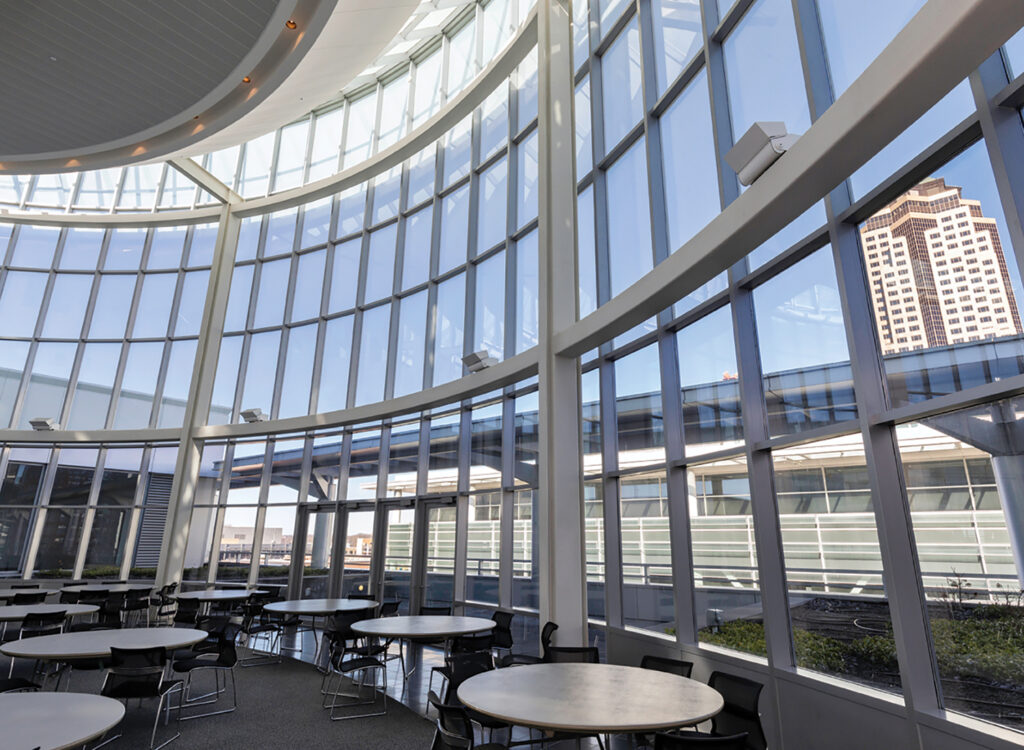A Closer Look: Tami Madsen
executive director, Central Iowa Water Works
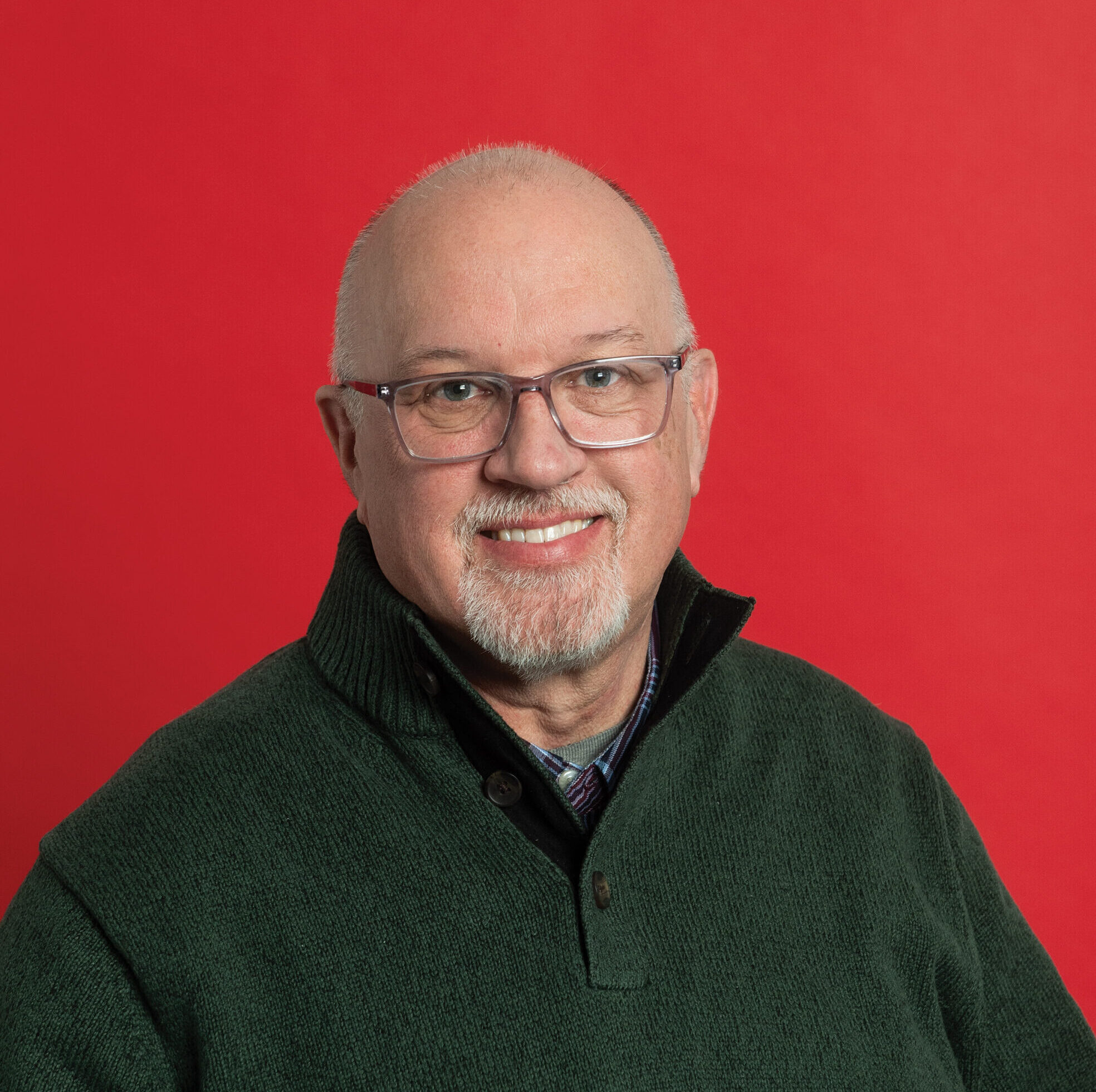
Michael Crumb Jan 10, 2025 | 6:00 am
6 min read time
1,341 wordsA Closer Look, Business Record InsiderTami Madsen joined Central Iowa Water Works as the regional water utility’s first executive director in November, helping the organization take its final steps toward becoming operational on Jan. 1. She had previously worked in human resources in the oil and gas industry before becoming executive director of the Western Area Water Supply Authority, a comparable regional wholesale water utility in Williston, N.D., where she served for five years before moving to Iowa.
In her previous role, Madsen, the daughter of a Navy veteran and stay-at-home mom, said she did a lot of work politically with unifying member agencies and on funding. She believes she can bring those experiences to help move Central Iowa Water Works forward and be successful.
“When I learned about this role, it was exciting to get to start at the ground floor and be involved at the beginning,” she said. “It’s just so exciting to get to do it all over again with a new entity. And regionalization is such a new concept for the United States that it was just very exciting to get to be a part of something so big for Central Iowa.”
The Business Record sat down with Madsen recently to learn more about her and her vision for Central Iowa Water Works. Her responses have been lightly edited for brevity and clarity.
Is there a particular challenge in joining an organization before it became operational compared to coming on board to an agency that’s been in operation for a while? Does that make it more challenging because of your prior experience and the perspectives you bring to the table?
I would say the only challenging thing for me is that everyone understands it a lot better than I do but that’s only a matter of tenure for me. Like any job, it takes time to understand how everyone works, how it’s set up and why it is the way it is. Every water system has unique challenges and unique needs and understanding that is very important in this role. I don’t necessarily feel like it’s a challenge to come in after all the planning is done but before it becomes operational because all the key stakeholders have had their say in how they would like it to run. They have been able to hash out what needs to be hashed out. I can come in with a fresh start at square one and I think that’s an advantage. All of those negotiations that have happened are done and now I have my marching orders and we can move forward.
Can you describe your management style?
I like to share the leadership. I think everyone needs to have a voice. I don’t know everything all the time and I don’t pretend to. Where I was before, everyone on my staff had a say and that was important. I felt like they should have a place to say that and that’s how I’ve always led and that’s how I plan to always lead.
Have you been able to form goals, both long term and short term, in the brief time you have been in your new role?
I haven’t been here long enough to identify those, but in the grand scheme of things I think an advantage would be that I can bring views that maybe people hadn’t considered. Everyone has been building this for so long. I have come from a regional system and I have seen what works and what doesn’t work in the system I have come from and maybe I can bring some of those insights here. Whether they are valid or not, all the participants who are here can let me know if it’s a good idea and we’ll try or if it won’t work for whatever reason there may be.
Give us your best water cooler pitch for the benefits of a regional water utility.
Central Iowa Water Works will not have anything to do with anyone’s individual water bills. That stays within their respective utility. Central Iowa Water Works is the wholesale water provider to their utilities. Regionalization is a great mechanism for sharing the utilities among everyone. Instead of thinking of it as someone gave something up, it’s more of everyone gaining something that they didn’t have before. So where one utility may not have had a water treatment plant, now they have a share in a water treatment plant. Where one water treatment plant may not have had some transmission ability, they do now. So regionalization is such a win-win for everyone involved. The long-term financial benefits are so great compared to individual communities building and maintaining water treatment plants. Even the staffing shortages for trained, licensed workers. It’s such a desperate need right now that regionalization allows for a smaller population of those trained workers but a higher quality of training and certification within that smaller community of workers. It’s such a great thing and a win-win for everyone involved.
You’ve mentioned that you come from a family of “nerds,” and the values your father instilled in you. Can you tell us more about what that means?
My dad retired as a principal engineer for Cardinal Healthcare where he built robotic vision systems, so it’s kind of ingrained in me that I like to know the why of things and I want my daughters to know that, too. You never take anything at face value if you know the data and the science behind the why. That’s what I mean by nerds. I love that they understand why things are the way they are and they just don’t look at something and take it for what they see.
How has what your father taught you influenced who you are today?
When I was a little girl my dad worked at Tyler Pipe, a ductile iron plant in the south where they make ductile iron. He would take us to work with him and show us the plant. When I first started working at Western Area Water Supply, I got to take a Tyler Pipe fitting to a job location, so it was like my life had come full circle from when I was a little girl watching my dad make these pieces to actually taking this work my dad did 25 years ago and have my hands on it. It was just an incredible moment for me. Both my dad and my mom have always treated us like what we do every single day is important and it matters. Every decision we make influences someone else’s life. So whether it’s how we treat the person making the drink at the store to how we treat the people that we’re serving with the water we make every day. They have always supported me and let me know that I was built for something better and if I didn’t use those talents I was given, then I was doing a disservice to everyone. They had a big influence on me and how I raise my kids.
You have only lived in the Des Moines area for a couple of months. What are your early impressions?
There’s a really good sense of community. Everyone has been really generous in bringing me into their community. And it’s not just their professional community. It’s their actual community. They’re like, “Come over to my book club and meet my friend.” It’s such a generous and trusting thing to do. They don’t know me. They don’t know anything about me and they’re introducing me to their friends. It’s such a welcoming thing that I’m not used to because it’s not like that in Houston. It wasn’t like that in Denver. It’s not like that in Williston. It’s unique.
At a glance
Age: 39
Hometown: Pleasant Hill
Family: Married, three children, ages 13, 9 and 7
Education: Bachelor of Business Administration and Master of Business Administration from the University of Texas at Tyler; Master of Environmental Science-Hydrology from the University of Oklahoma.
Activities: Kayaking, bicycling, anything outdoors.
Contact: tmadsen@ciww.gov

Michael Crumb
Michael Crumb is a senior staff writer at Business Record. He covers real estate and development and transportation.

